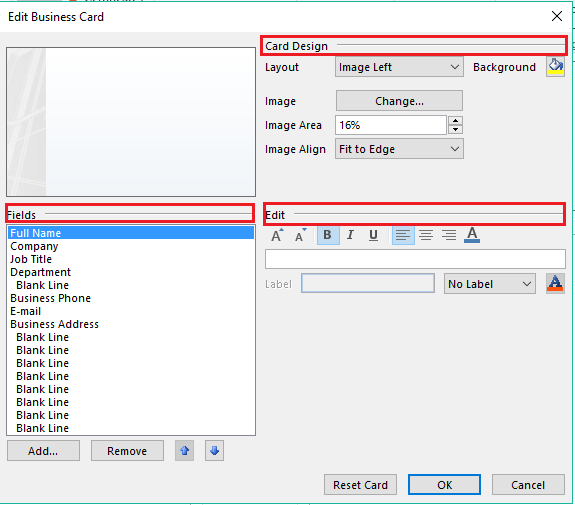

“We tend to recommend Google for Work to clients with a younger and more tech-savvy workforce,” Schlissel says. Many business owners are reluctant to change the way their offices work, according to Schlissel. Cost is just one of the many concerns IT managers must consider when investing in cloud-based productivity platforms.Įric Schlissel, CEO of IT consultancy GeekTek IT Services, says his company uses Google for Work, but more often than not he recommends Office 365 to clients because they are already heavily dependent and invested in Microsoft Outlook.

The ideal cloud-based platform is secure, stable and simple for employees to learn and use. Pricing is an important determining factor, but equally important for CIOs are the feature sets, security safeguards and user experiences of both platforms. Microsoft makes things a bit more confusing with six total packages - three for small and medium-size businesses and three for large enterprises - that range in price from $5 to $20 per month, with a yearly commitment. Google also gets high marks for simplicity, because it offers two relatively straightforward plans. However, Google provides unlimited storage for accounts with at least five users on its $10 per month or $120 per year (plus tax) plans.
MICROSOFT OUTLOOK BUSINESS PRICING PLUS
Google also offers a yearly discounted plan for $50 a year, plus tax.Įvery Office 365 user gets at least 1TB of cloud storage, while Google’s entry-level plan provides considerably less space: 30GB of online storage per user. Microsoft requires a full-year commitment for its enterprise plans, while Google’s entire suite is available on a month-to-month basis. Microsoft Office 365: Price, simplicity and storageīoth services start at $5 per month. The two options have unique strengths and weaknesses, and each is best-suited for specific types of businesses and users. The former packs all the familiarities of the Google Apps suite, including Gmail, Hangouts, Drive and Calendar, while the latter comes with the longer legacy of tried-and-true Microsoft Office apps, such as Word, Excel, Outlook and PowerPoint. The first two options that come to mind for most, however, are Google Apps for Work and Office 365. CIOs and IT managers have many choices when it comes to cloud-based productivity tools for email, documents, calendar and file-sharing.


 0 kommentar(er)
0 kommentar(er)
